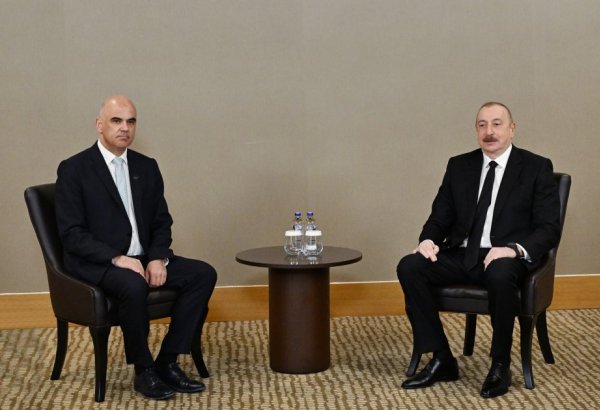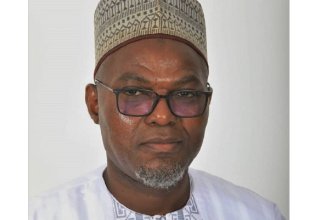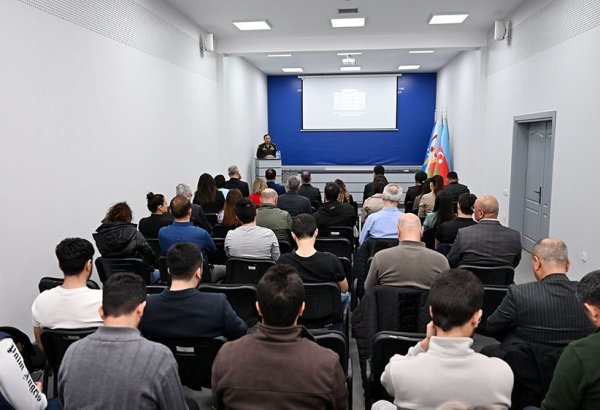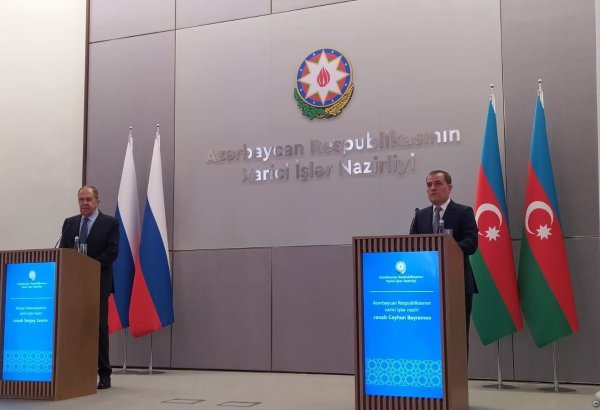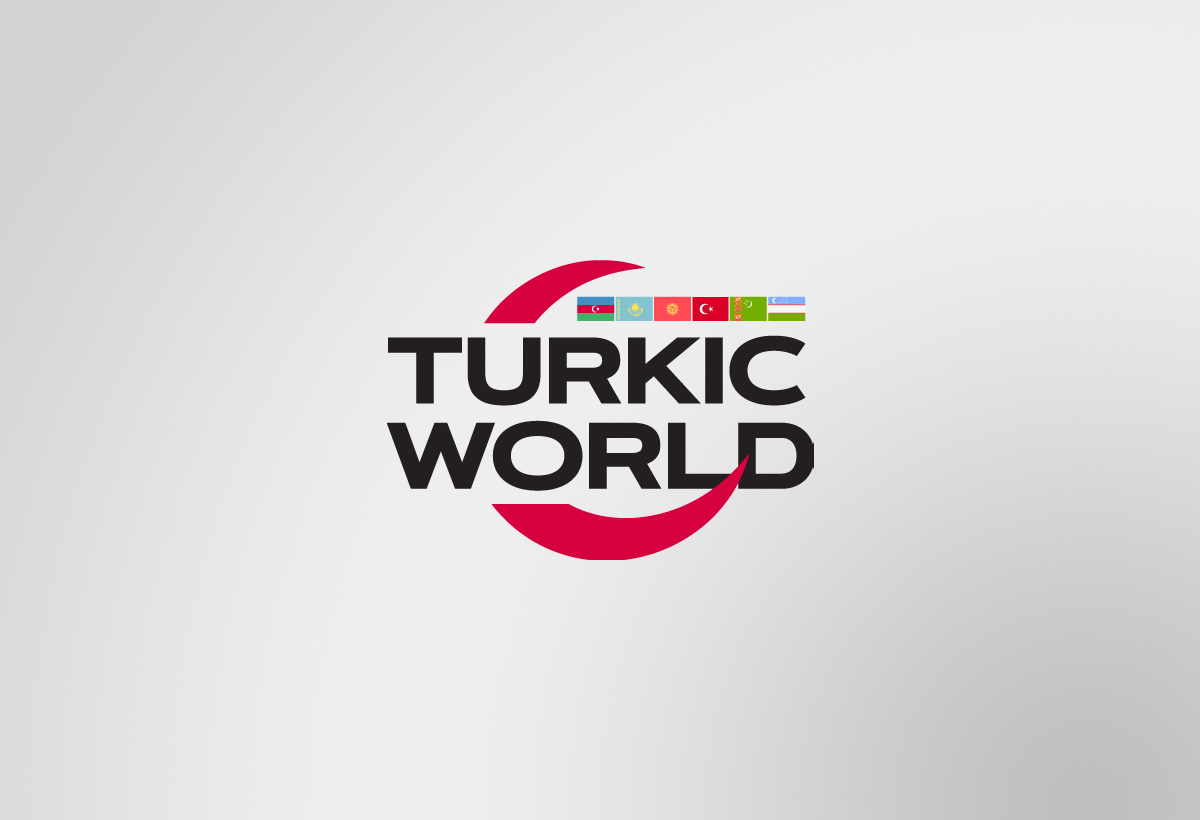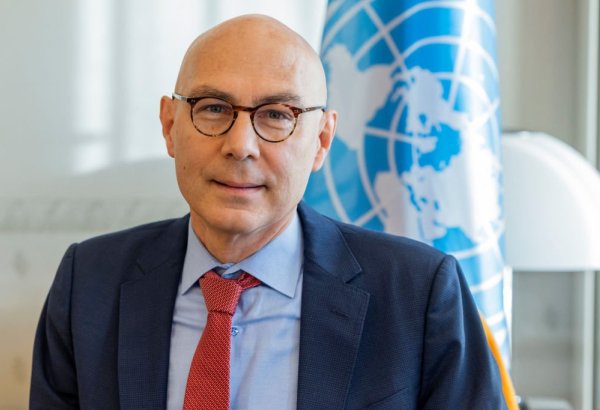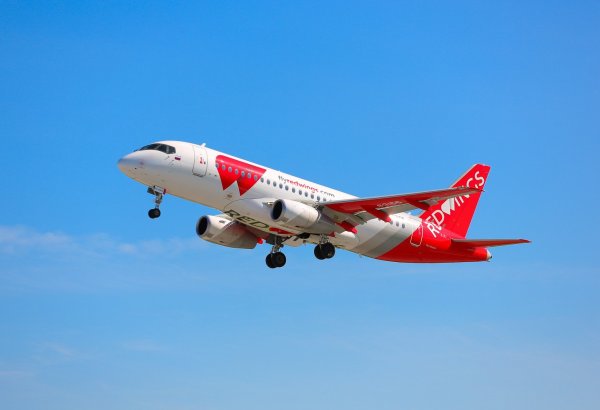BAKU, Azerbaijan, June 25. The demand for the trans-Caspian section of the North-South international transport corridor (ITC) is growing, and an increasing number of cargoes are flowing through port terminals on the Caspian Sea, Minister of Industry, Trade and Energy of Russia's Astrakhan region Ilya Volynskiy said, TurkicWorld reports.
As per his words, the whole shebang of cargo going through Russian seaports on the Caspian Sea - Olya and Astrakhan - could hit around 6 million tons by the end of 2024 (by the end of 2023, it was 4.3 million tons, with a whopping 51 percent growth compared to the figure of 2022).
Volynskiy stated that the cargo turnover of Russian ports on the Caspian Sea from January through May 2024 increased by more than 30 percent, and this dynamic was achieved primarily at the expense of seaports located in the Astrakhan region.
Thus, the cargo turnover of the seaports of Astrakhan and Olya from January through May 2024 increased by 61 percent to a total volume of 2.38 million tons.
Meanwhile, the cargo turnover of Olya port from January through May amounted to 634,600 tons (from January through May 2023, 142,900 tons), and the cargo turnover of Astrakhan port was 1,75 million tons (from January through May 2023, 1,34 million tons).
The seaport of Olya is universal for the transshipment of general, container, and ferry cargo and occupies a key position at the intersection of a promising transport flow connecting Russia with Iran, the Middle East, and India, and a transport corridor providing access to Kazakhstan, China, and Central Asia.
The seaport of Astrakhan is located at the estuary of the Volga River and includes 15 terminals handling cargo. Its transshipment capacity is about 11 million tons.
The total throughput capacity of these Caspian ports of the Russian Federation is about 16 million tons of cargo per year.
To note, the North-South ITC has been going strong since 2000, and it's got 14 countries on board.









